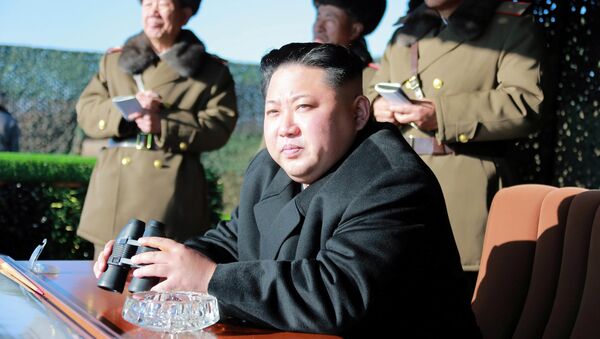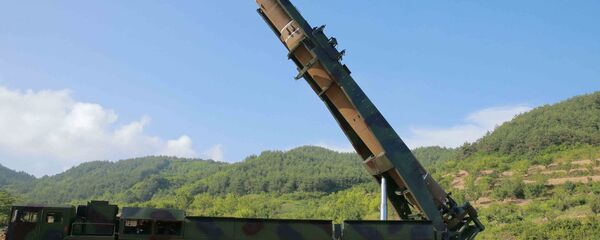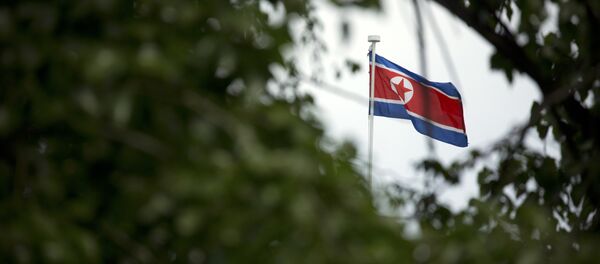Stretching from 1950 to 1953, the Korean War didn’t end in a peace treaty, but a truce, an event that Rodong Sinmun, official newspaper of the Central Committee of North Korea’s ruling Workers' Party of Korea, considers a victory.
In a commentary, the paper said, "There is only one way out for the US. That is to withdraw the anachronistic hostile policy toward North Korea and kneel and apologize to its army and people," Yonhap News Agency reported, suggesting that the North’s strategic position has shifted given the progress of its missile and nuclear programs.
A prime example of this is the landmark intercontinental ballistic missile (ICBM) test the North conducted on July 4, a move that triggered almost instant international outcry and rebuke.
The paper also said that if the US doesn’t drop its aggressive stance toward the North, it will be "impossible to escape from its predefined destiny of ultimate demise," according to Korea Joongang Daily.
Pyongyang’s penchant for timing such statements to coincide with important political events has led some to speculate that another ballistic missile launch may be forthcoming.
US Army Chief of Staff Gen. Mark Milley told the National Press Club on Thursday that issues with the Democratic People’s Republic of Korea (DPRK) should be addressed quickly, as the window of opportunity to act was growing slimmer and slimmer.
He warned, "We are trying wide variety of methods [to address the issue] … However, time is running out a bit. North Korea is extremely dangerous and gets more dangerous as the weeks go by."
The North maintains that the development of its nuclear weapons program is aimed chiefly at fending off aggression from Washington.
"There are no imminent signs of a North Korean missile launch," South Korean Joint Chiefs of Staff spokesman Roh Jae-chun said on Thursday. However, authorities in Seoul point out that the reclusive nation can conduct another launch nearly anytime and anywhere it pleases.
If the North does conduct another test it could pour cold water on efforts by liberal South Korean President Moon Jae-in to engage in diplomatic talks as Washington seeks to intensify sanctions against the DPRK.
One South Korean government official said, "Our stance toward the pursuit of dialogue remains firm. We are also closely monitoring possible provocations by the North."
Seoul has also offered to hold inter-military talks with Pyongyang to help soothe tensions at the border, and Red Cross talks on August 1 so that families broken up by war can be reunited.
North Korea has not officially responded to these offers, though last week Rodong Sinmun called the overture "nonsense."





